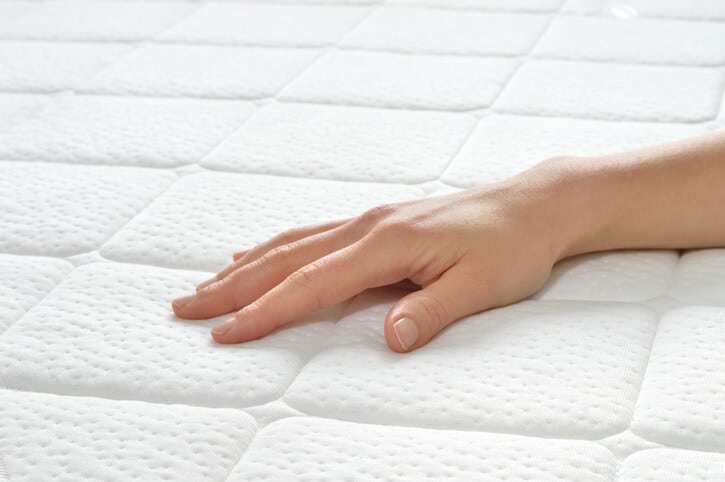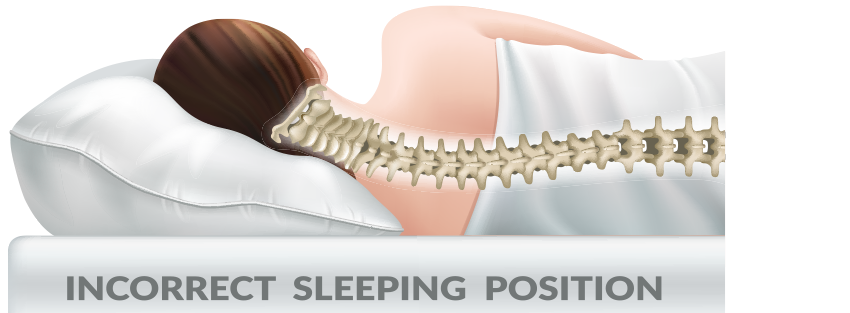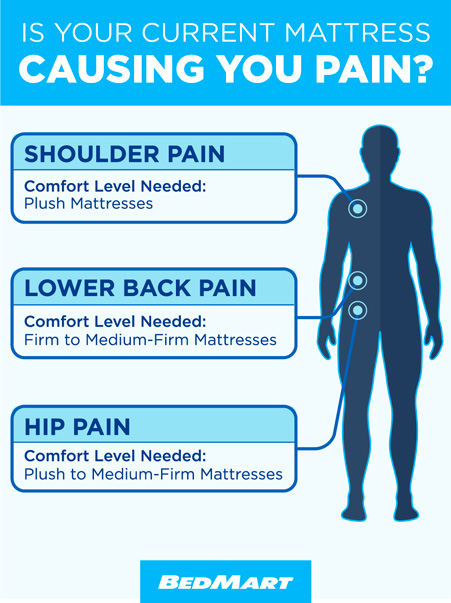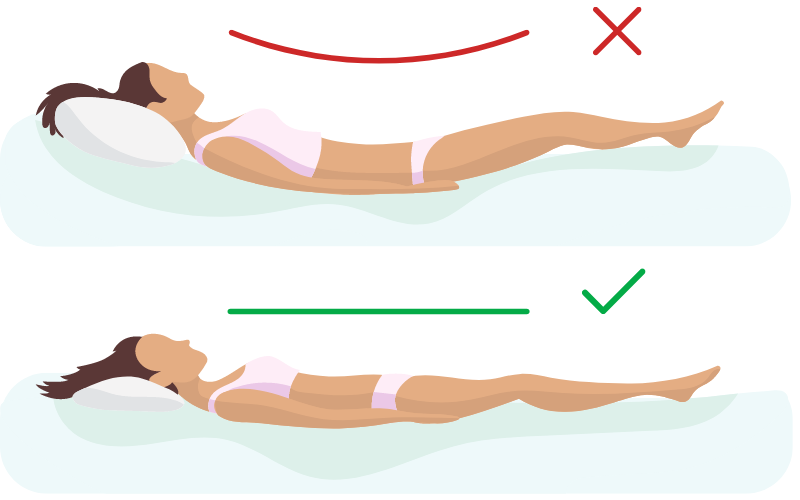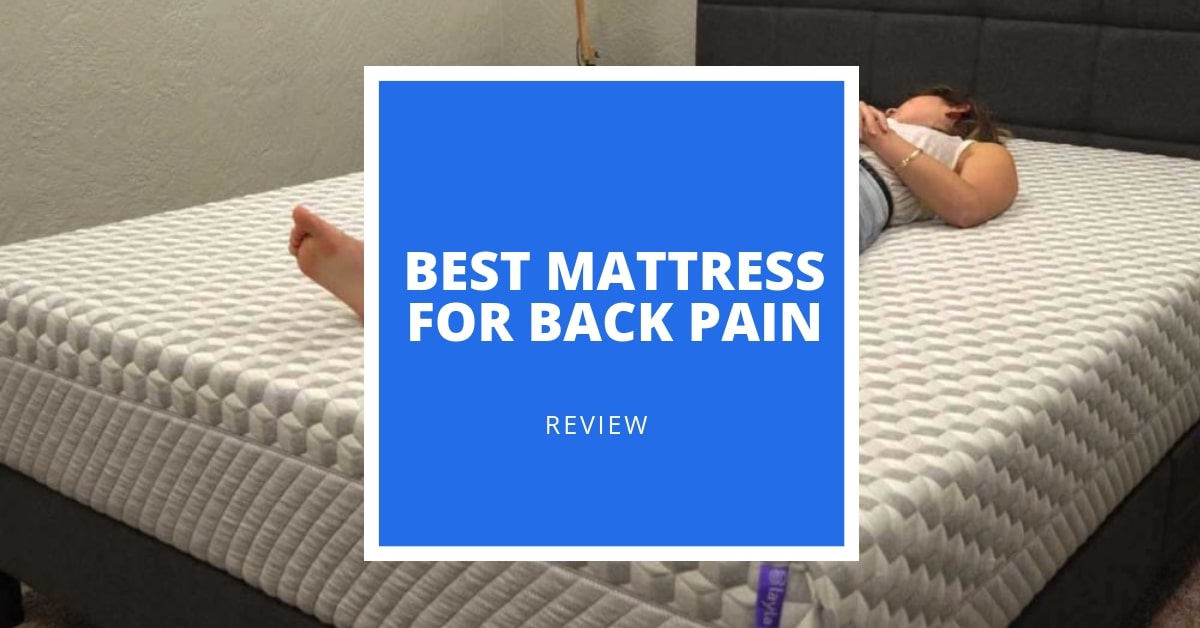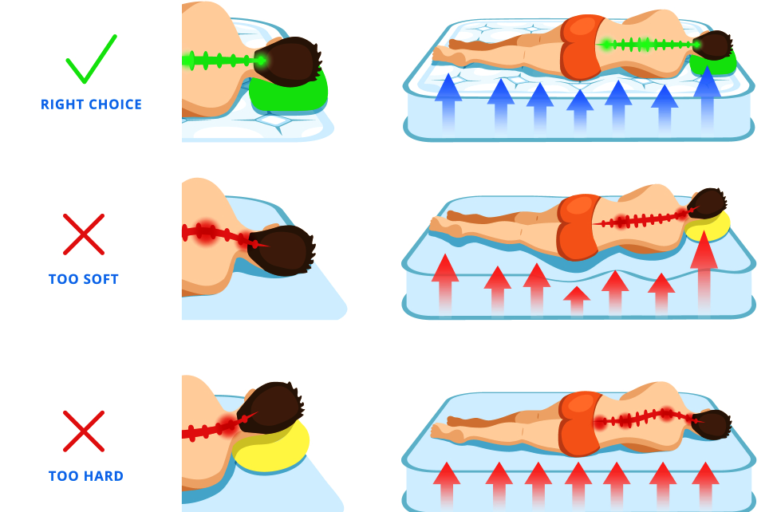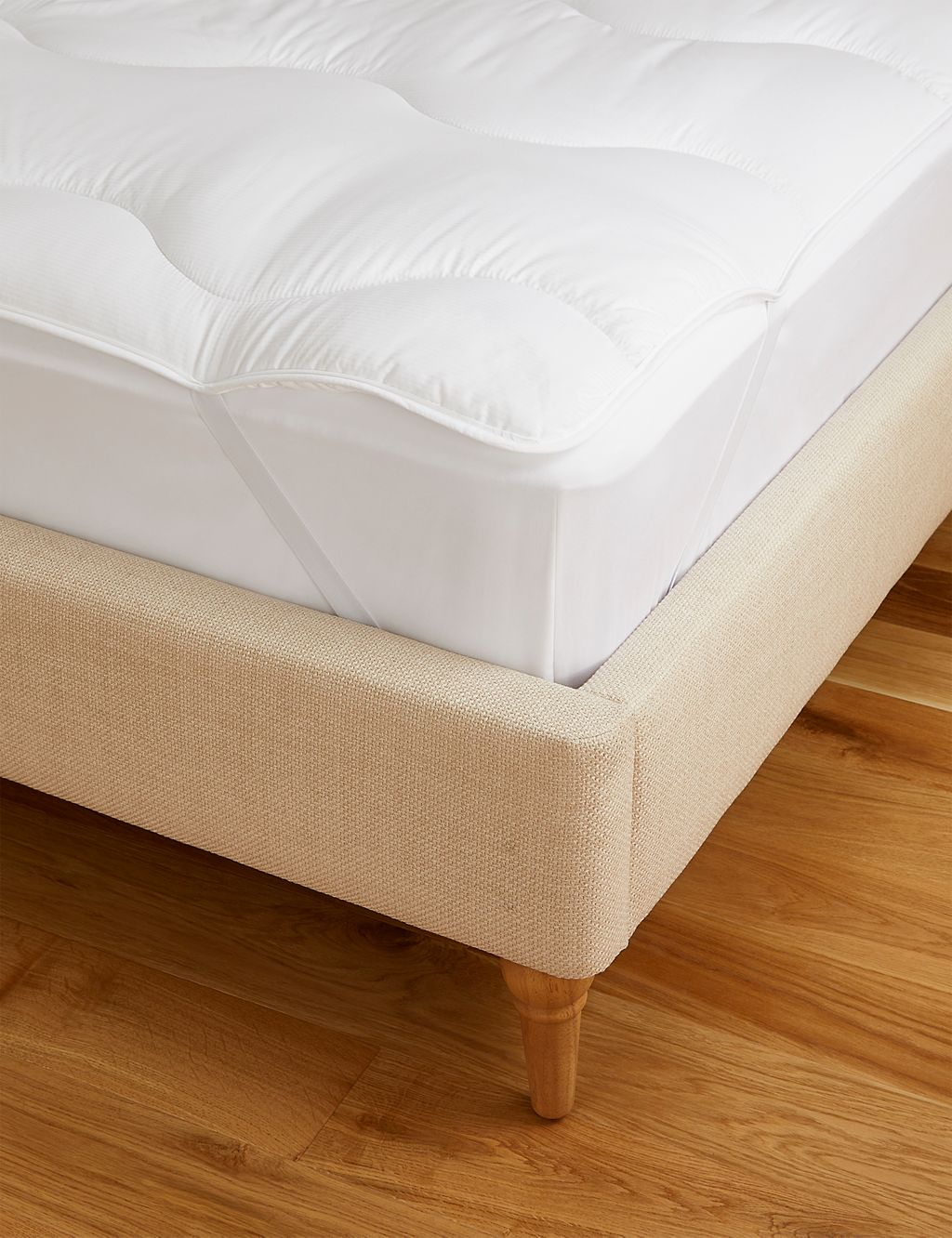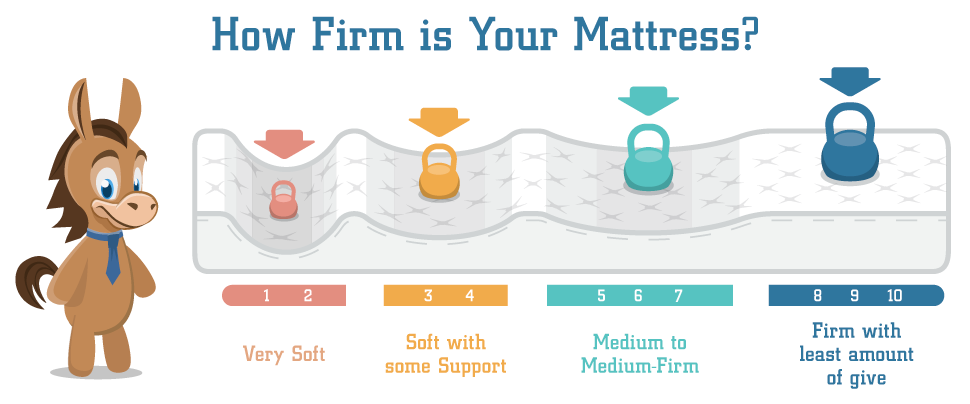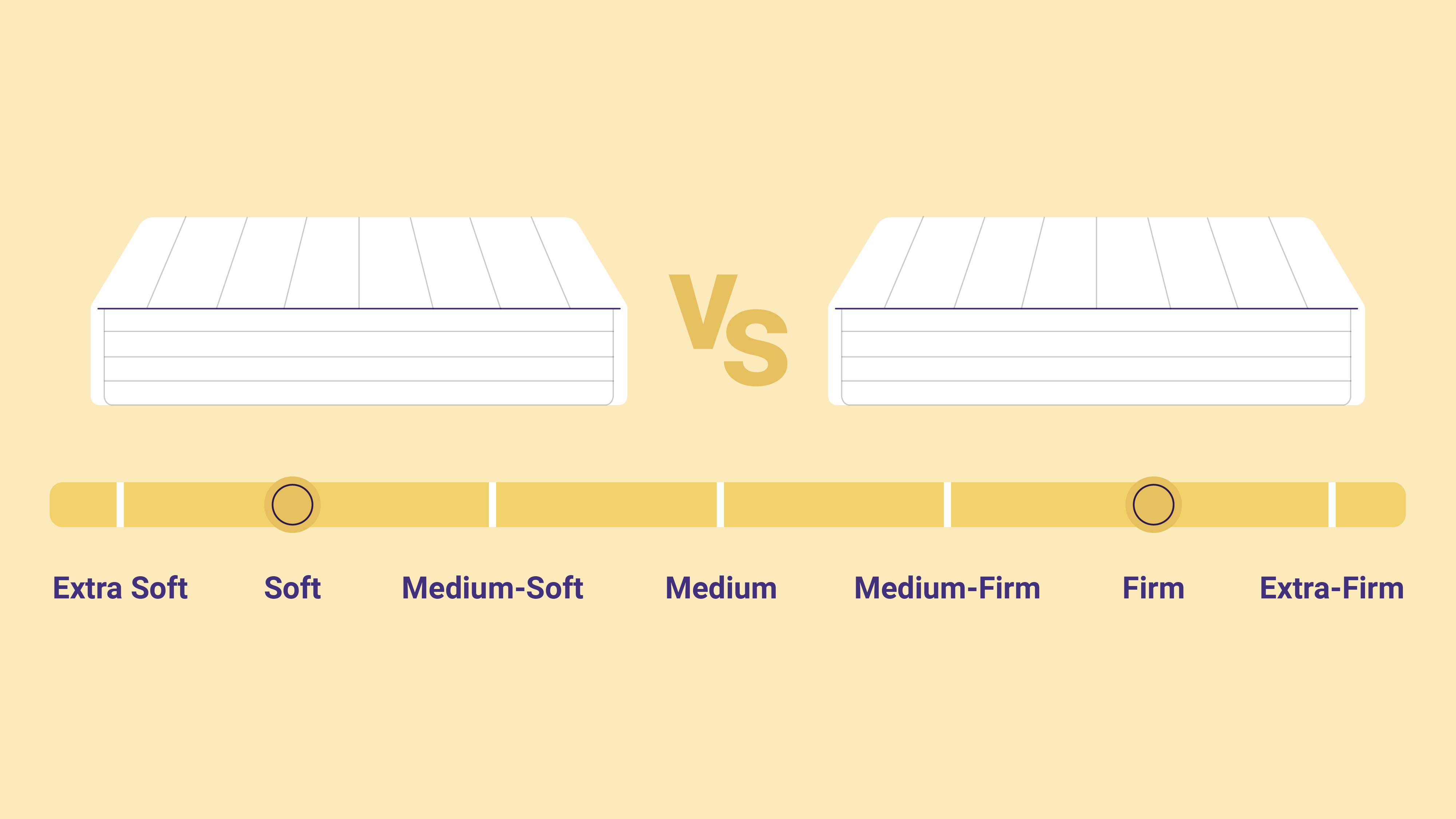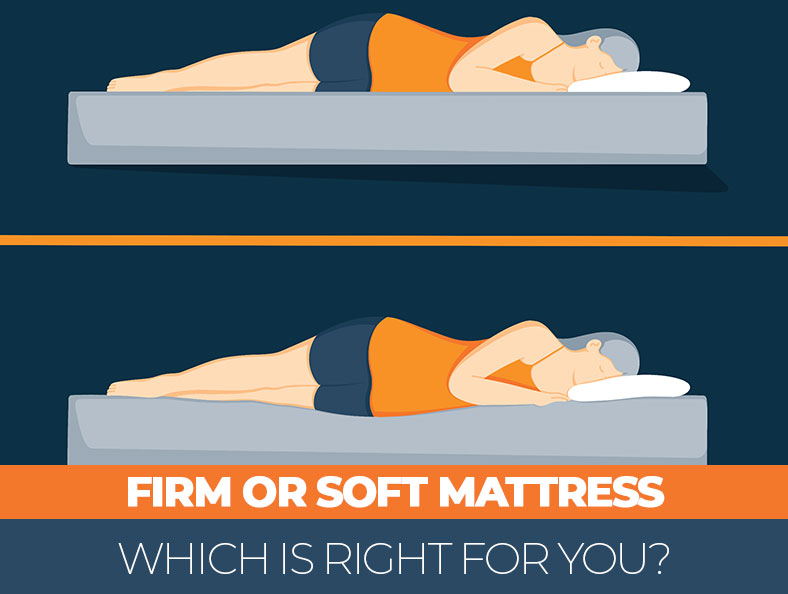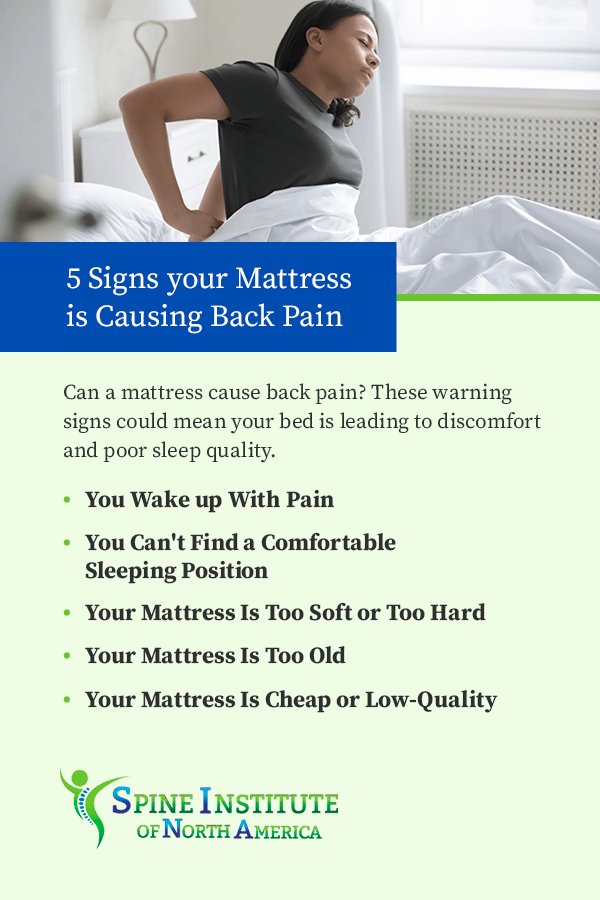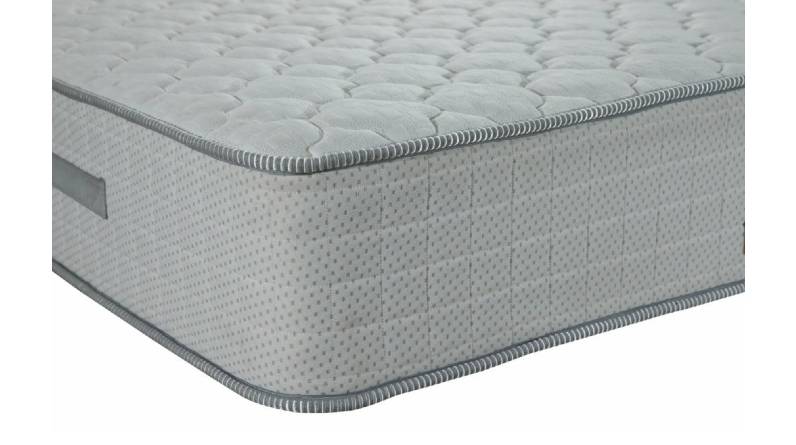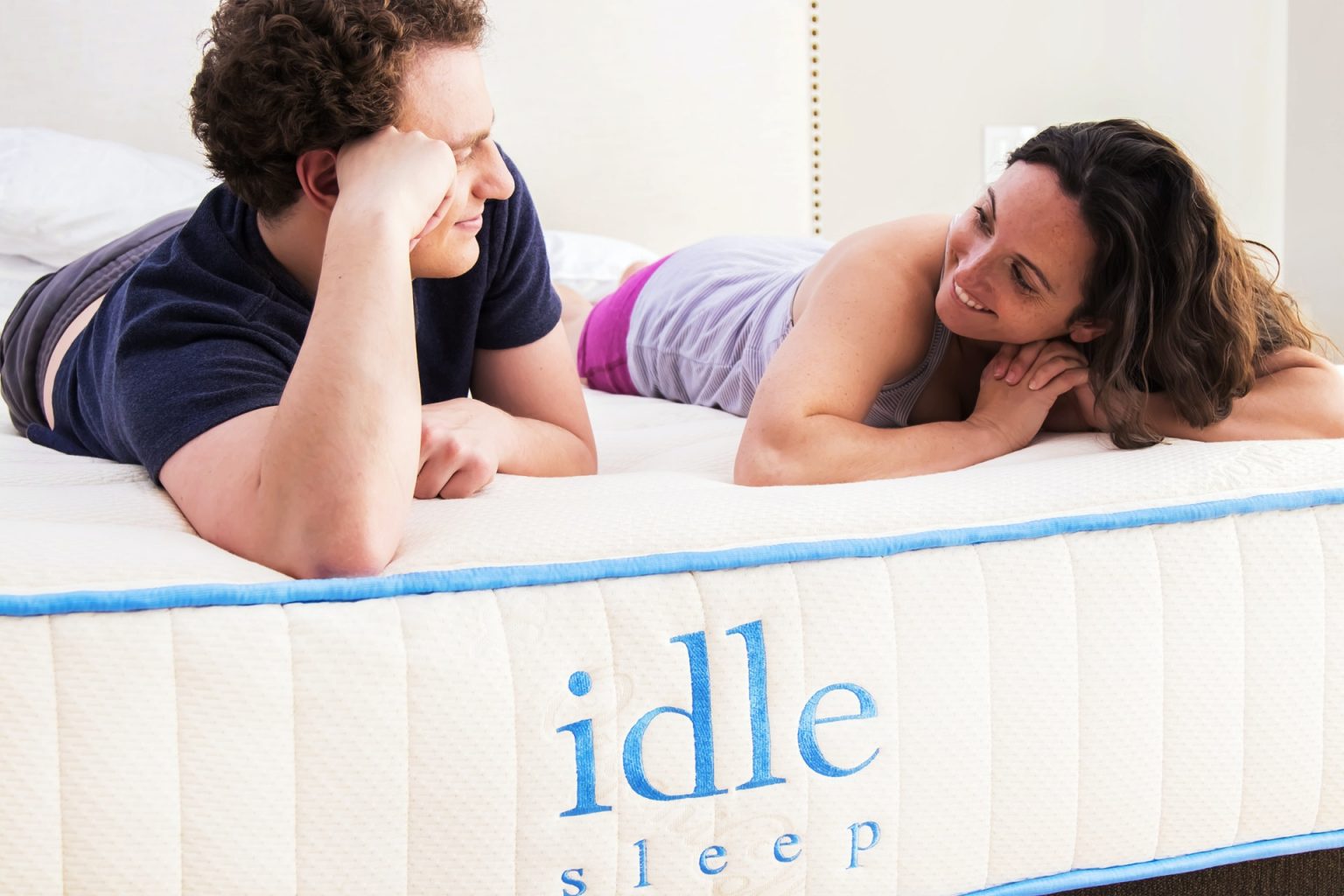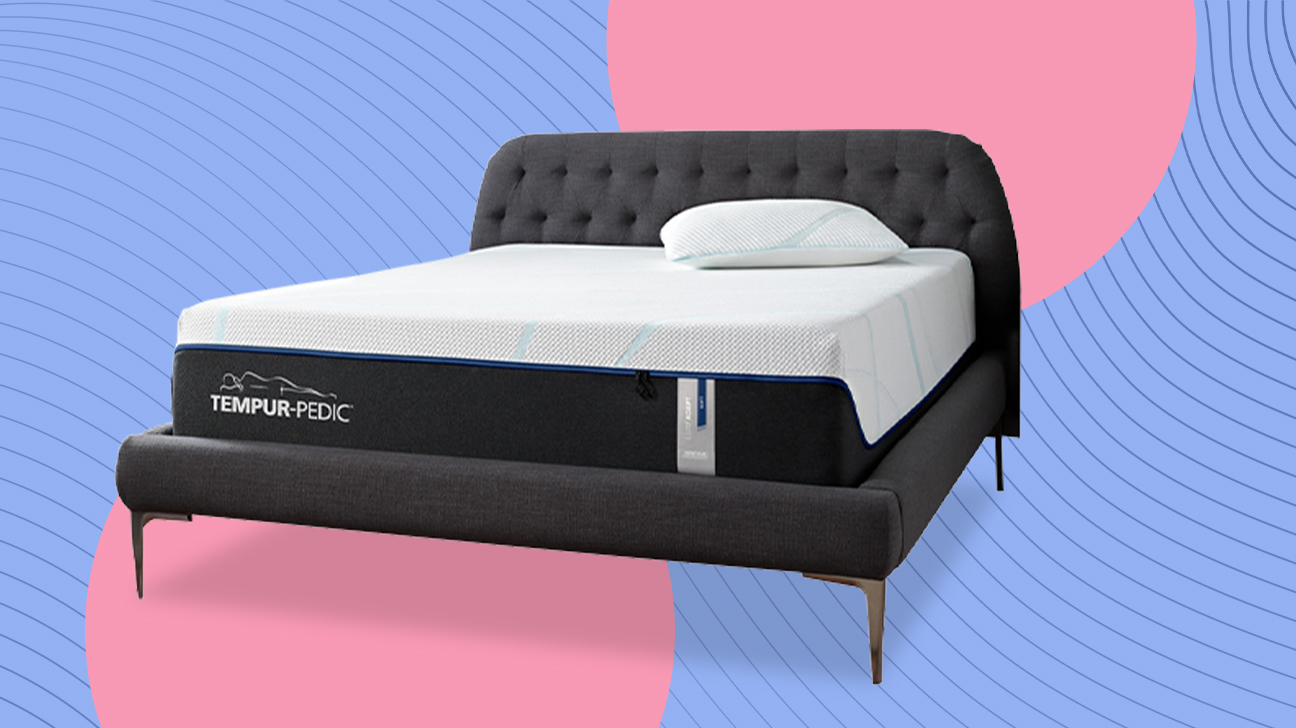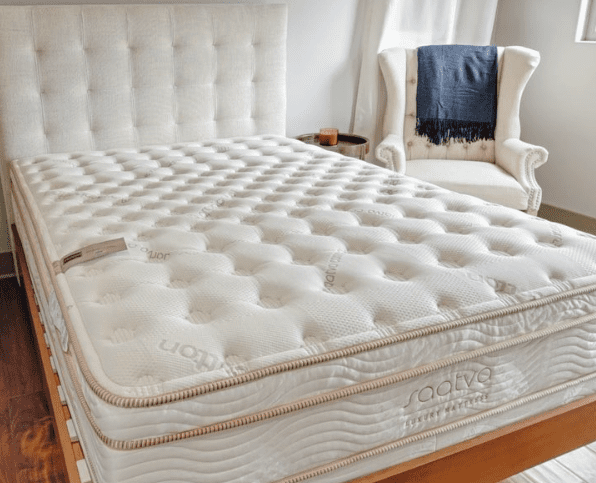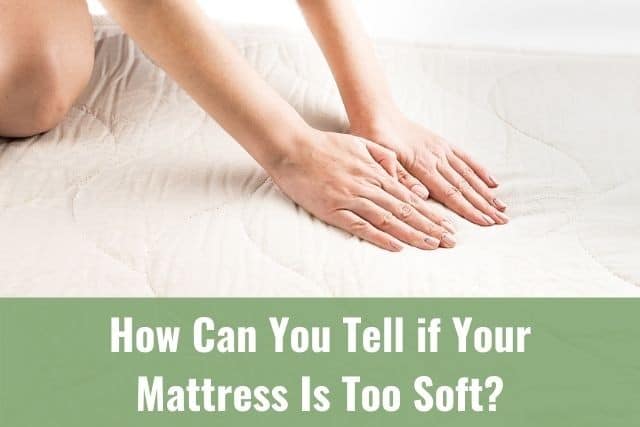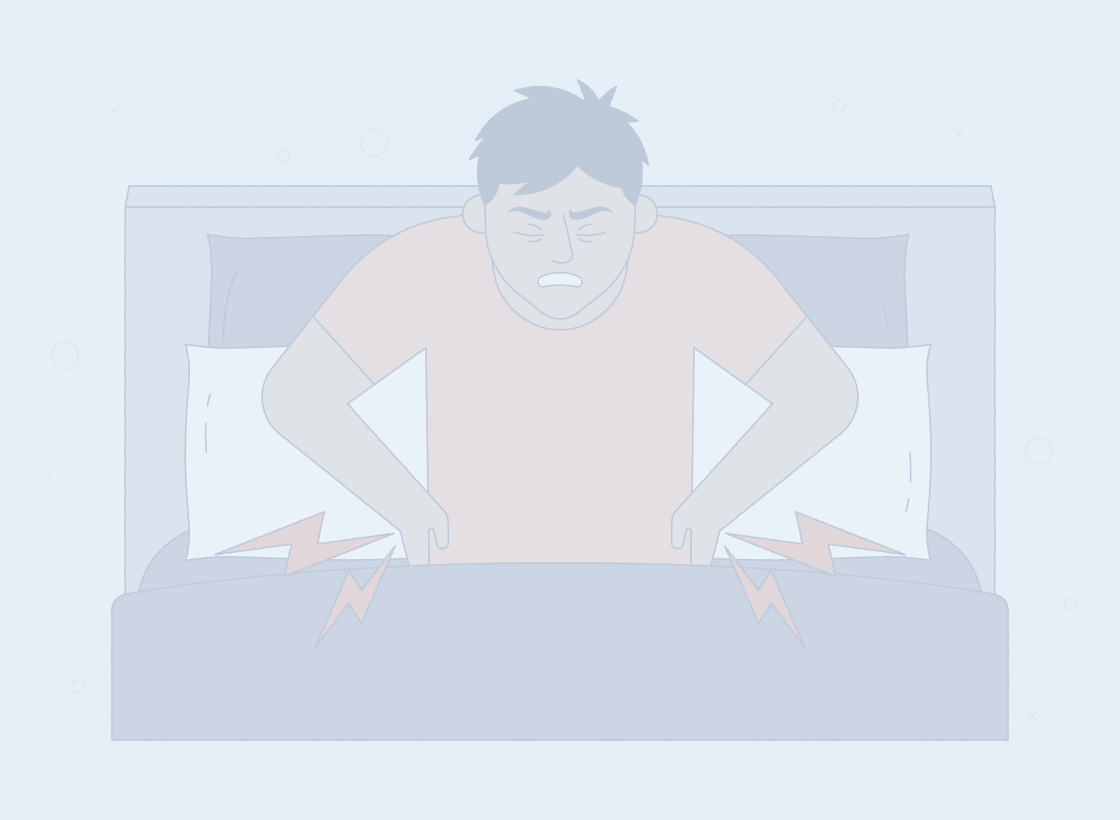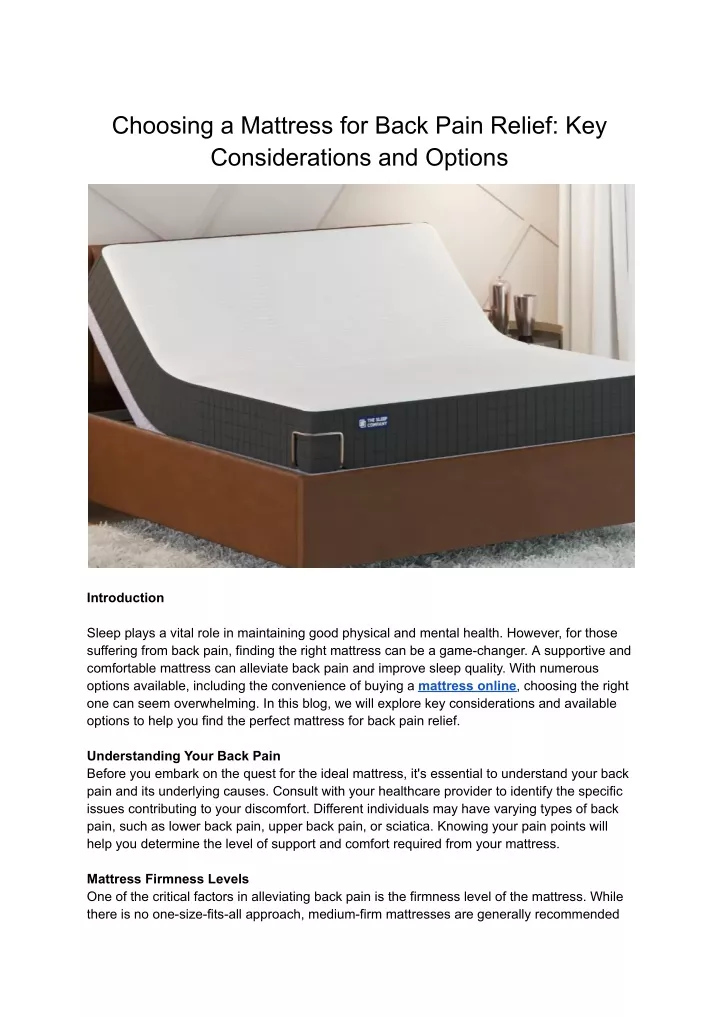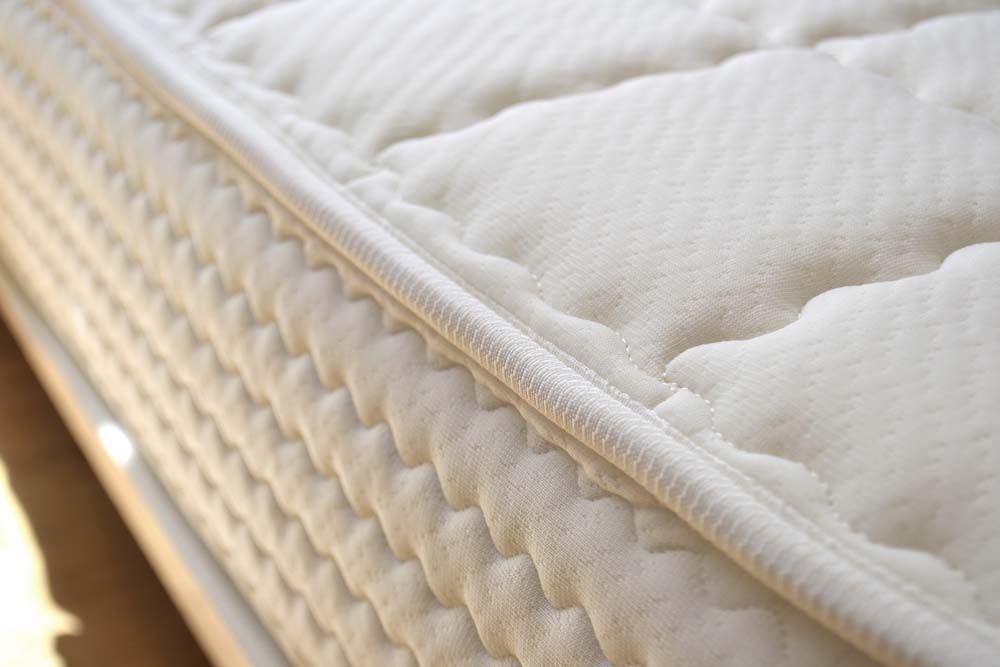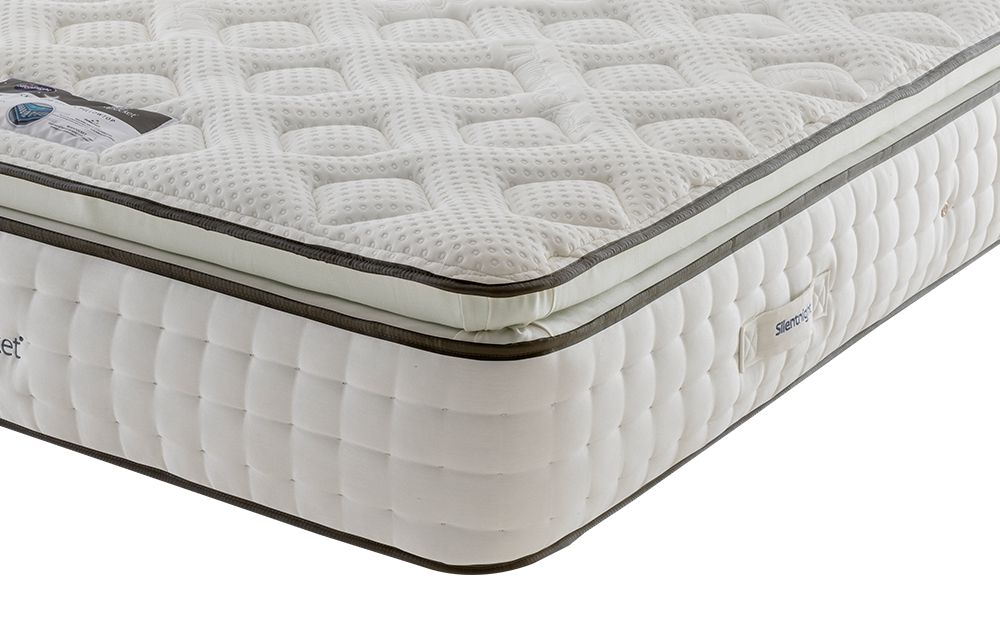Can a Soft Mattress Cause Pain?
If you've been waking up with aches and pains, you may be wondering if your soft mattress is to blame. While soft mattresses may seem like a cozy and comfortable choice, they can actually contribute to pain and discomfort in your body. Here are 10 reasons why your soft mattress may be causing you pain.
10 Reasons Why Your Soft Mattress is Causing You Pain
1. Lack of Proper Support
Soft mattresses may feel comfortable at first, but they often lack the proper support needed for your body. This can result in your spine being improperly aligned, leading to pain in your back, neck, and shoulders.
2. Pressure Points
When you sleep on a soft mattress, your body sinks into it, creating pressure points where your weight is concentrated. This can lead to pain and discomfort in areas such as your hips, shoulders, and knees.
3. Poor Posture
A soft mattress can cause your body to sink too deeply, throwing off your natural posture. This can put strain on your muscles and joints, leading to pain and stiffness.
4. Lack of Spinal Support
Your spine needs proper support to maintain its natural curves while you sleep. A soft mattress can cause your spine to sink, resulting in added pressure and stress on your back.
5. Allergies
Soft mattresses can be more prone to accumulating dust mites and other allergens. This can trigger allergies and respiratory issues, leading to discomfort and pain while you sleep.
6. Poor Quality Materials
Not all soft mattresses are created equal. If you opt for a cheaper or lower quality soft mattress, it may not provide the necessary support and comfort for your body, leading to pain and discomfort.
7. Lack of Firmness Options
While some people may enjoy the softness of a mattress, others may need a firmer surface for proper support. If your mattress only comes in one level of softness, it may not be the right fit for your body and can contribute to pain.
8. Increased Motion Transfer
Soft mattresses may be more prone to motion transfer, meaning that when your partner moves during the night, it can cause you to feel disturbed and potentially wake up with pain or discomfort.
9. Not Ideal for All Sleeping Positions
Depending on your preferred sleeping position, a soft mattress may not provide the necessary support for your body. For example, side sleepers may need a firmer mattress to keep their spine aligned, while back sleepers may require more cushioning for their lower back.
10. Gradual Wear and Tear
Over time, even the softest mattress can lose its support and cushioning. As it begins to wear out, it can contribute to pain and discomfort in your body.
How a Soft Mattress Can Lead to Back Pain
One of the most common complaints from people who sleep on soft mattresses is back pain. This is because a soft mattress can cause your spine to sink and lose its natural alignment. This puts added pressure on your back, leading to pain and discomfort. Additionally, a soft mattress may not provide enough support for your lower back, causing further strain on your muscles and joints.
Soft Mattress vs Firm Mattress: Which is Better for Pain Relief?
When it comes to choosing between a soft and firm mattress, it ultimately depends on your personal preferences and sleeping needs. For those who experience pain and discomfort in their back or joints, a firmer mattress may provide better support and pain relief. However, it's important to find a balance between firmness and cushioning, as a mattress that is too firm can also cause discomfort.
The Connection Between Soft Mattresses and Neck Pain
Just as a soft mattress can contribute to back pain, it can also lead to neck pain. This is because a soft mattress can cause your head and neck to sink, putting strain on your neck muscles and joints. This can result in stiffness and pain in the morning. Additionally, a soft mattress may not provide enough support for your head and neck, causing them to be misaligned with your spine.
Why a Soft Mattress May Not Be the Best Choice for Pain Sufferers
While soft mattresses may seem like a comfortable and cozy choice, they may not be the best option for those who suffer from chronic pain. Soft mattresses can contribute to and even worsen pain in the body, leading to discomfort and a lack of restful sleep. It's important for pain sufferers to choose a mattress that provides proper support and cushioning for their body's needs.
How to Tell if Your Soft Mattress is Causing Your Pain
If you suspect that your soft mattress may be causing you pain, there are a few ways to determine if it's the culprit:
- Pay attention to your body: If you consistently wake up with aches and pains, it may be a sign that your mattress is not providing enough support.
- Consider your sleeping position: If you sleep on your side and experience hip or shoulder pain, or if you sleep on your back and have lower back pain, your mattress may not be the right fit for your sleeping position.
- Check the age of your mattress: As mentioned, even the softest mattresses can lose their support over time. If your mattress is over 8 years old, it may be time to replace it with a new one.
Soft Mattress and Hip Pain: What You Need to Know
Hip pain can be a common issue for those who sleep on soft mattresses. This is because a soft mattress can cause your hips to sink, leading to added pressure and discomfort. It's important to find a mattress that provides proper support for your hips and keeps your spine aligned while you sleep.
Can a Soft Mattress Cause Shoulder Pain?
If you experience shoulder pain, your soft mattress may be the culprit. When your shoulders sink into a soft mattress, it can put strain on your shoulder joints and muscles, leading to pain and stiffness. A firmer mattress may be a better choice for those who experience shoulder pain.
Choosing the Right Mattress for Pain Relief: Tips and Tricks
When shopping for a new mattress, keep these tips in mind to help relieve pain and improve your sleep:
- Find a balance between firmness and cushioning: Your mattress should provide enough support for your body while also offering enough cushioning for comfort.
- Consider your sleeping position: Different sleeping positions may require different levels of firmness. Be sure to test out mattresses in-store to find the right fit for your preferred sleeping position.
- Invest in a high-quality mattress: A good quality mattress can make all the difference in terms of support and comfort for your body.
- Don't be afraid to try different options: Everyone's body is unique, so what works for others may not work for you. Take your time and try out different mattresses until you find the right one for your body's needs.
Don't let your soft mattress continue to cause you pain and discomfort. Consider these factors and tips when choosing your next mattress to ensure a better night's sleep and a pain-free morning.
The Importance of Finding a Supportive Mattress for Pain Relief

Experiencing pain while sleeping? Your mattress may be the culprit.
 Many people overlook the importance of a good mattress when it comes to managing pain. However, a
soft mattress
can actually be the cause of your discomfort. While the idea of sinking into a plush cloud-like bed may seem appealing, it can actually exacerbate existing pain or create new sources of discomfort.
One of the main reasons for this is that a
soft mattress
lacks the necessary support for your body. As you sink into the mattress, your body may become misaligned, putting pressure on different points and causing pain. This is especially true for those with back pain, as a
soft mattress
can cause the spine to curve in an unnatural way.
Moreover, a
soft mattress
may not provide enough support for heavier individuals. This can result in sinking too deeply into the mattress, causing the body to be in an awkward position and leading to pain and discomfort.
On the other hand, a
firm mattress
can provide the necessary support for your body. It helps to keep your spine in a neutral position, relieving pressure on your joints and muscles. This can alleviate existing pain and prevent new sources of discomfort from forming.
Additionally, a supportive mattress can promote better sleep quality, which is essential for managing pain. When you are well-rested, your body is better equipped to handle pain and discomfort. This is because sleep allows your body to repair and rejuvenate itself, reducing inflammation and promoting healing.
In conclusion, while a
soft mattress
may seem like a comfortable choice, it may actually be causing you more harm than good. It is important to find a
supportive mattress
that suits your body and sleeping preferences in order to alleviate pain and promote better sleep. Don't underestimate the power of a good mattress when it comes to managing pain – your body will thank you.
Many people overlook the importance of a good mattress when it comes to managing pain. However, a
soft mattress
can actually be the cause of your discomfort. While the idea of sinking into a plush cloud-like bed may seem appealing, it can actually exacerbate existing pain or create new sources of discomfort.
One of the main reasons for this is that a
soft mattress
lacks the necessary support for your body. As you sink into the mattress, your body may become misaligned, putting pressure on different points and causing pain. This is especially true for those with back pain, as a
soft mattress
can cause the spine to curve in an unnatural way.
Moreover, a
soft mattress
may not provide enough support for heavier individuals. This can result in sinking too deeply into the mattress, causing the body to be in an awkward position and leading to pain and discomfort.
On the other hand, a
firm mattress
can provide the necessary support for your body. It helps to keep your spine in a neutral position, relieving pressure on your joints and muscles. This can alleviate existing pain and prevent new sources of discomfort from forming.
Additionally, a supportive mattress can promote better sleep quality, which is essential for managing pain. When you are well-rested, your body is better equipped to handle pain and discomfort. This is because sleep allows your body to repair and rejuvenate itself, reducing inflammation and promoting healing.
In conclusion, while a
soft mattress
may seem like a comfortable choice, it may actually be causing you more harm than good. It is important to find a
supportive mattress
that suits your body and sleeping preferences in order to alleviate pain and promote better sleep. Don't underestimate the power of a good mattress when it comes to managing pain – your body will thank you.




